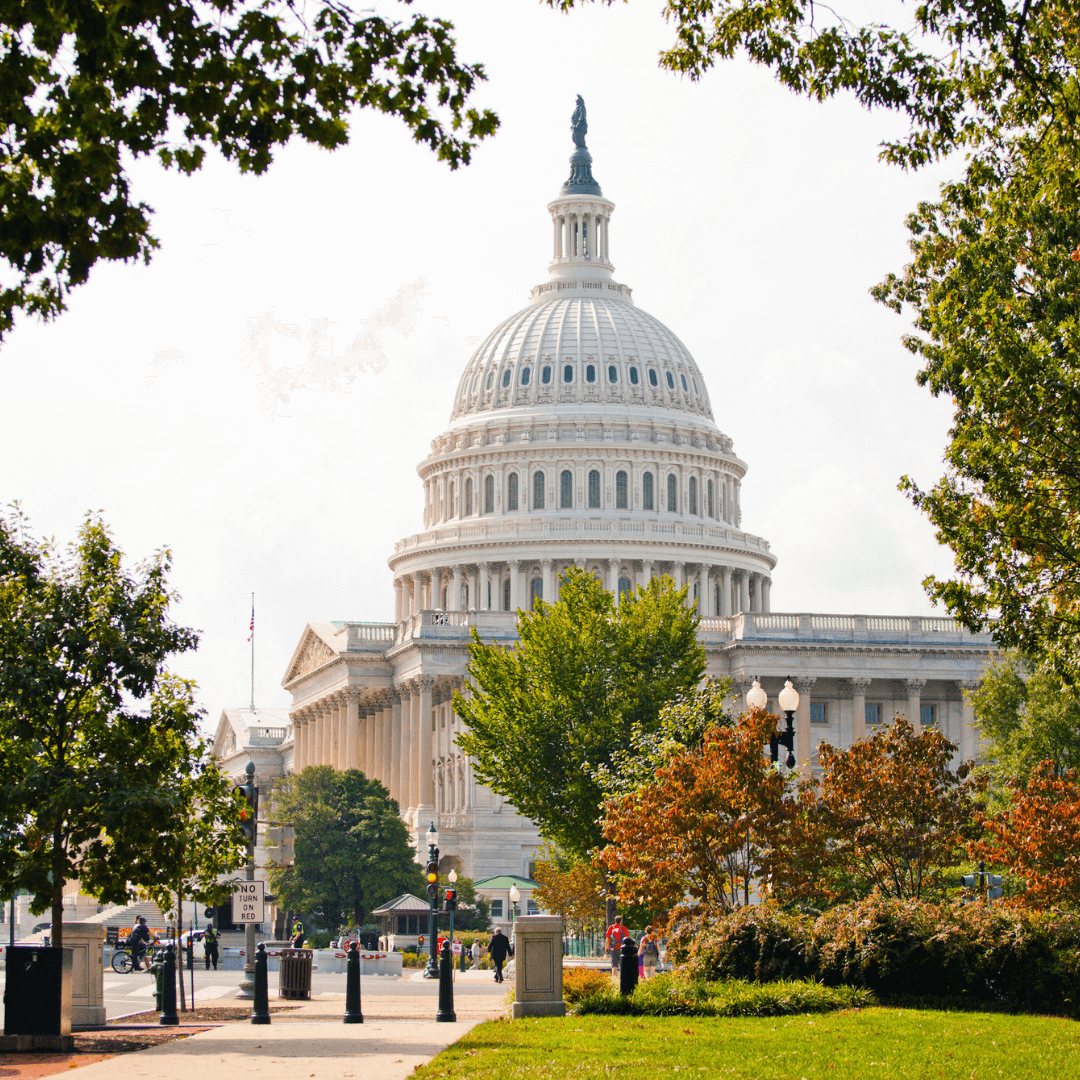
Congress Should Pass a 6-Month Continuing Resolution
David B McGarry
September 24, 2024
OK, Congress, rise and shine. Once again, as the deadline to pass a federal budget hurdles nearer, Congress remains far from having all 12 appropriations bills squared away, as statute prescribes. Taxpayers, businesses, and agencies will yet again likely operate under a continuing resolution (CR).
Like Bill Murray awakening to another Groundhog’s Day, American taxpayers have little to wonder at. The appropriations process has been broken for decades. Since fiscal year (FY) 1977, Congress has passed all of its funding bills just four times and enacted CRs in all but three years (for FY1977, the end of the fiscal year changed from June 30 to September 30, and Congress passed two CRs). The last time all appropriations bills were completed before October 1 (the beginning of the fiscal year) was FY1997. No matter its partisan anatomy, America’s first branch of government has been wholly disinterested in doing one of its core duties – spending – in the right way. The cycle seems unbreakable. One can almost hear the strains of Sonny & Cher floating across Capitol Hill.
Having dithered, and dispensed with the responsible manner of appropriating, Congress now faces two feasible options – both being of the same species, the CR. Congress either can set its new deadline in December (a roughly 3-month CR) or extend until Spring (a roughly 6-month CR). Neither option should satisfy taxpayers. Both present legislators with perverse incentives and opportunities for fiscal mayhem and mischief. Bulk legislative packages are usually bloated, crammed with pork, political handouts, and earmarks. Too often, rank-and-file members have little time to read and digest omnibus bills – page 857 says what?!? – yet, politically speaking, must vote for it. “Must pass” is the mortal foe of fiscal responsibility.
A 6-month CR presents more opportunity than risk, especially with respect to curbing excess spending, earmarks, and general fiscal incontinence. At the time of writing, 53 members of Congress – 8 members of the Senate and 45 members of the House – have announced they will not seek reelection. Further, four members have lost in their party’s primary. Together, 10 percent of the 118th Congress will not return next Congress – and that’s all before Election Day. December will be the lamest of lame-duck months, and many members will think themselves free of democratic accountability for overspending. Departing members will, moreover, want to enact their pet proposals before leaving Washington. Consequently, a December omnibus will likely prove a Christmas for fiscally irresponsible legislators – funded at taxpayers’ expense. Such an Omnibus would likely be stuffed with earmarks, rewarding those leaving Congress with a last feeding at the federal trough.
Consider the omnibus passed in December 2022, in the final days of the 117th Congress. As the Taxpayers Protection Alliance (TPA) warned at the time:
The Omnibus appropriates more than $38 billion in disaster relief funding, despite existing and unused funding being available. The Omnibus also includes hundreds of millions for the Adaptive Engine Transition Program (AETP) which seeks to replace the engine of the F-35, at a program lifetime cost increase of $40 billion.
…
One of the most egregious aspects of the FY23 Consolidated Appropriations Act is the inclusion of nearly 7,500 earmarks totaling $16 billion in direct spending. Earmarks included in the Bill include, $2 million for B360, a group that promotes dirt-bike culture in Baltimore; $1.5 million to encourage people to eat outdoors in Pasadena, California; and $500,000 for a skate park in Rhode Island.
That said, a CR stretching through the first quarter of 2025 would also present challenges. Its expiration would coincide with the next debt-limit fight, meaning rushed and slap-dash negotiations. However, the Congress that would undertake these negotiations would be comprised of members just elected, members accountable to taxpayers for their fiscal discipline – or indiscipline. The young 119th Congress would feel the democratic pressures that James Madison, in Federalist No. 51, called “the primary control on the government.” The sunsetting 118th Congress would not.
Politics is, as it is said, the art of the possible. Unfortunately, achieving regular order for FY2025 falls outside that art. However, Congress can readily choose a better moment than December at which to wage its budgetary wars. For taxpayers’ sake – and for the nation’s fiscal health – TPA urges it to do so.
